The Hungry Ghost Festival (or Zhongyuan Festival and Ullambana Festival) is a traditional Chinese festival for dead people with a history of more than 2,000 years, kind of like Western Halloween. Called 中元节 (Zhong Yuan Jie) and 盂兰盆节 (Yulanpen Festival) in Chinese, the Ghost Festival is not only one of four traditional Chinese sacrificial festivals (along with Spring Festival, Qingming Festival, and Double Ninth Festival), but also a day with a combination of Taoism, Buddhism, and Confucianism. Its origin can be dated back to ancient sacrificial activities, like moon worship. With the integration of Taoism and Buddhism, it gradually developed into a festival.
Like festivals for the dead all over the world, there are various and necessary customs that exist. Folks believe that dead people will come back during the lunar July. There have been many specific festival customs created for them. Celebrated in the Chinese lunar calendar, the Hungry Ghost Festival in China falls on different dates, and it will come on September 6, 2025. Besides, the Zhongyuan Festival was picked in the third group of the National Intangible Cultural Heritage List of recommended projects by Hong Kong in 2010. Its impact spoiled other Asian countries.
Table of Contents
What is Hungry Ghost Festival?
When is Hungry Ghost Festival 2025?
Hungry Ghost Month
Hungry Ghost Festival History and Origins
Hungry Ghost Festival Traditions and Rituals
How the Hungry Ghost Festival is Celebrated in China and Other Asian Countries?
FAQs about Hungry Ghost Festival
What is the Hungry Ghost Festival?
Chinese Hungry Ghost Festival is on the 15th day of the ghost month, which usually comes in August or September of the Gregorian calendar. Sometimes, the Ghost Festival celebration from the night of the 14th in Southern China, which is held earlier to avoid possible misfortunes.
The Ghost Festival is combined with religious culture. In Taoism, it was called as Zhongyuan Festival, while Buddhists named it the Yulanpen Festival. Relative ceremonies will be held on that day. Ancestral tablets posted on the departed’s photograph will be put on the table at home, and food and wine will be offered. People kowtow and burn three incense sticks in front of the tablets to pray for their past ancestors to bless them.
Besides, it is thought in some areas that ghosts begin to wander in the first half month, and they may get hungry until the middle of July in the Chinese calendar, therefore, folks will feed some food and burn paper money for the hungry haunting.
When is the Hungry Ghost Festival 2025?
More details about the recent dates of the Hungry Ghost Festival are available for you. Chinese Hungry Ghost Festival 2025 falls on the 6th of September.
Year Date of Hungry Ghost Festival Day 2023 August 30 Wednesday 2024 August 18 Sunday 2025 September 6 Saturday 2026 August 27 Thursday 2027 August 16 Monday 2028 September 3 Sunday
Hungry Ghost Month
Ghost Month refers to the seventh lunar month, and the Hungry Ghost Festival is the most important day in this month, which usually falls on the 15th day of the 7th lunar month.
China Ghost Month is considered a month when the gate of hell is open and ghosts can come to the earth freely for entertainment or to visit their families. People will try to avoid walking alone or swimming in case of being followed by evil ghosts.
Most of the ghosts are malevolent. Therefore, diverse ceremonies will be performed to deal with that kind of situation, during the day, like worshiping ancestors and burning joss paper. At the same time, people evade doing some things that may bring misfortune.
Hungry Ghost Festival History and Origins
Hungry Ghost Festival plays an important role in Chinese culture. The Hungry Ghost Festival's history can be traced back to thousands of years ago. During the reign of Emperor Wu Di in the Liang Dynasty (502-557 AD), it had been created. After the Tang Dynasty (618-907 AD) and Song Dynasty (960-1276 AD), it became a festival, that is combined with Taoism, Buddhism, and Confucianism, and has various origins in different religious cultures.
Taoism
In Taoism beliefs, July 15 in the lunisolar Chinese calendar is the birthday of the Underworld Official, when the gate of hell will be open and ghosts will get pardons and relief on that day.
Burning joss paper in the festival is to avoid bad things happening, to worship ancestors, and to exchange of peaceful life.
This kind of belief gradually evolved into an important festival withstanding long-time development combined with Taoism culture and folk culture.
Buddhism
According to The Buddha Speaks: The Ullambana Sutra from India, Mulian was one of the disciples of Sakyamuni, whose mother Ms. Qingti was rich but greedy. When her son was out for studying, she killed and ate a lot of livestock, never cultivating goodness. After her death, she was sent to hell and suffered from terrible torture. Mulian visited his mother through magical power and offered her food, which turned into hot coals before she ate.
He turned to the Sakyamuni for help. The Buddha indicated that he could offer food to monks on June 15, they would help him send those to his mother through magic power. Mulian did what he said, and saved her mother from hell. She lastly turned into a black dog. The black dog died in seven days after listening to Mulian’s scriptures chanting, and it was reborn as a god after 33 days.
Hungry Ghost Festival Traditions and Rituals
Rituals to Feed the Spirits
In Chinese beliefs, hungry ghosts must spend money in the underworld that day. Hoping for their ancestors to have a rich life, people tend to burn paper clothes, houses, cars, etc. to the departed and other wild ghosts.
In some regions, ceremonies to lift all boats would be held. Table and chairs are put on the square with all kinds of food available for ghosts. At the same time, monks will chant to help ghosts relieve suffering and pray for a peaceful life for locals.
Worship Ancestor
Apart from offering food for ancestors in front of tablets, ancestor worship is one of the most important customs in the Zhongyuan Festival, when people burn joss paper and incense to express respect towards them. Before burning paper, folks will draw a circle on the ground and leave an opening. The circle is available for haunting to receive money and the opening for their entering. During the burning process, people tend to speak a few blessing words to the past and pray for blessing.
Street Performances
In the Canton region, the dragon dance will be performed from July 14 to 16 in the Chinese calendar, which stemmed from the Qing Dynasty (1616-1912 AD). The dragon team is composed of 10 villagers. They dance and jump according to the drumbeat and the guidance of dance leaders.
In Ziyuan County, Guangxi, da tie hua performance (hit iron flower) will be held during the Water Lantern Festival. The iron is melted into molten iron. Performers hit the iron into the sky, which looks like an iron flower blossom.
Set off Water Lantern
Traditional customs vary from different regions in China. It is a custom for most Chinese people to release lanterns into rivers or lakes on the night of the Zhongyuan Festival. The water lamp is also named as lotus lantern, which can light up the way to the earth and guide past ancestors to go home. At the same time, these lamps will float onwards entrusted with hopes and promises.
Eat Ducks
During the Hungry Ghost Festival, many civilians are used to eating ducks. It is believed that ghosts can be suppressed through eating ducks to avoid getting involved in misfortunes. Because the character Duck shares the same pronunciation with Suppress in Chinese. Except for that, people believe that ducks can not only swim in the water but also be messengers to bring offerings and express missing to their ancestors.
Taboos and Superstitions During Ghost Month
Zhongyuan Festival is regarded as a day full of yin qi (negative energy from ghosts). Here are some Hungry Ghost Festival dos and don’ts.
1. Avoiding Going Outside at Night
When the gate of hell is open, ghosts will haunt in human world. To evade being followed, folks try to go home before nightfall and avoid hanging out at night especially from 11 pm. to 12 pm., which has the most Yin qi out of the day.
2. Avoiding Night Swimming
Water belongs to Yin energy. Rivers or lakes are full of the Yin qi during the festival of Hungry Ghosts. Some accidents tend to happen in these places. It was said that ghosts in water may find a substitute by the river. Therefore, do not wander by the river or swimming pool.
3. Avoiding Whistling at Night
In Chinese beliefs, whistling may attract evil spirits. Whistling seems to notice at night in the festival of Hungry Ghosts, which may draw ghosts’ attention and bring bad luck.
4. Avoiding Taking a Photo at Night
Devices like mirrors and telephones are viewed as things that are easy to capture evils in the festival, which may affect fortune.
5. Avoiding Patting on Shoulders
Do not shoot someone’s shoulder, especially during the Ghost Festival. Because it is believed that there are three flames on a person’s head and two shoulders. Flames may be extinguished through patting shoulders, which provides an opportunity for ghosts.
How the Hungry Ghost Festival is Celebrated in China and Other Asian Countries?
Regions in China
Hong Kong: In the region of Hong Kong, the Yulan Penitential Rite will be held, which comes from Chaoshan in the Canton region with a history of hundreds of years. It lasts for a whole seventh lunar month. The main activity includes summoning the deities, operatic shows for god, and distributing blessed rice, etc. Besides, residents burn candles, joss money, and paper clothes at the roadside during the whole lunar July.
Canton: The Canton region is famous for the Yulan Penitential Rite. The community will organize sacrificial events to help wild ghosts. Residents tend to set tablets to worship ancestors at home and put offerings on them. Seniors will lead juniors to worship in turns and pray for safety. Some areas in Canton will organize pig racing customs every five years to commemorate the General, who resisted southern evasion of the Yuan Army.
Fujian: In the Fujian Region, folks in Southern Fujian will release water lanterns in rivers or lakes to greet ghosts and light the way up for them. Rituals are prone to happen in July of the Chinese calendar when people prepare food for their ancestors. And Taoist priests or monks will be invited to release souls from suffering.
Taiwan: In the Taiwan region, in addition to ancestor worshiping, there are many other traditional celebrations across the streets. The ceremonies aimed to help ghosts get out of suffering are held, including inviting ghosts, feeding ghosts, chanting, and warding off evil spirits.
Other Asian Countries
Singapore: 70 percent of Chinese people live in Singapore. Therefore, the Zhongyuan Festival was widespread in Singapore. Except for burning paper money, during the whole month, there will be auctions around temples. And the income from those auction items will be donated to charities. Various performances will be held as well.
Vietnam: Setting water lanterns is also one of the Chinese traditions in the Hungry Ghost Festival. Lanterns can lead them way home. Besides, Vietnamese believe that the ghost month is a Prison Breaking Month. And the middle of the month is a day to pardon dead people, when burning joss money for wild ghosts can drive bad luck away.
Malaysia: The Zhongyuan Festival in Malaysia has the same features as Singapore’s. Joss money and offerings can pacify the dead. And locals will enjoy different kinds of performances.
FAQs about Hungry Ghost Festival
1. How long does the Hungry Ghost Festival last?
Hungry Ghost Festival lasts one and a half days, from the 14th night to the 15th day. Ghost month refers to the whole lunar July.
2. Is the Hungry Ghost Festival the same as Halloween?
No. In Chinese beliefs, there will be bridges to link the dead and the live in every river. Except for that Ghost Festival is revere, and not for scaring folks. To some extent, Halloween is for entertaining. Locals tend to dress like ghosts to parade for fun.
3. Why do Chinese people avoid traveling during ghost month?
Avoid being followed by ghosts and inviting misfortunes, which is considered a superstition now.
4. Is the Hungry Ghost Festival Scary?
No. Hungry Ghost Festival is just a traditional festival, entrusted with worshiping ancestors and respecting lives, which is full of warmth and human care.
5. What’s the difference between the Hungry Ghost Festival and the Qingming Festival?
Firstly, They come on different dates. Qingming Festival falls on April 4 or 5 of the solar calendar. Ghost Festival comes on July 15 of the Chinese calendar. Next, they were created for different subjects, the former is for ancestors and wild ghosts, but the latter is for departed relatives. Lastly, activities are different. People will take a spring outing in Qingming Festival, but avoid going out during the Ghost Festival.
6. What do people eat during the Ghost Festival?
Ducks, rice-flour noodles, and Huamo (dough pinched with different shapes).
7. Can tourists participate in Ghost Festival rituals?
Yes. Tourists can participate in the rituals but need to understand and respect local customs and traditions.
Experience Chinese Festivals with Hi Five Trip
Interested in traditional Chinese festivals? Here we can arrange a tour for you during the Hungry Ghost Festival or offer you customized tour products in accordance with your expectations.

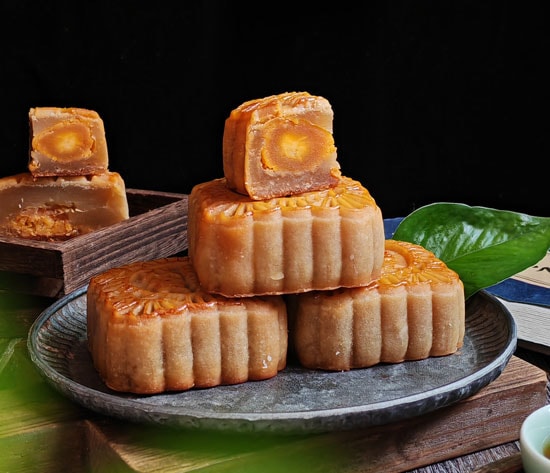
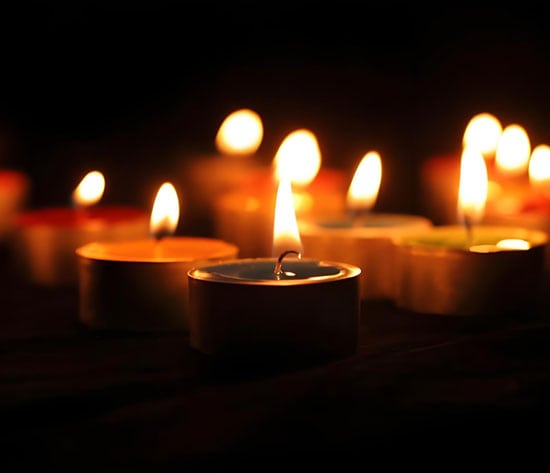
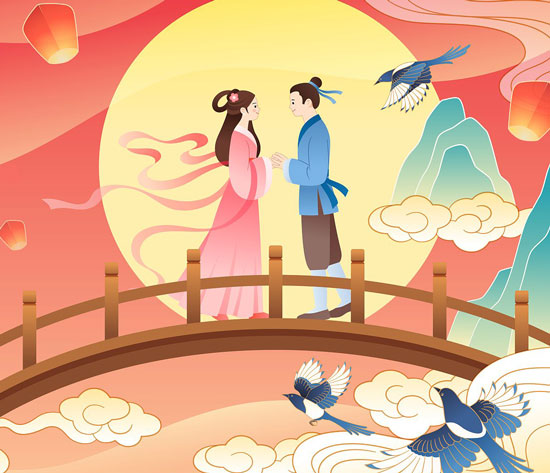
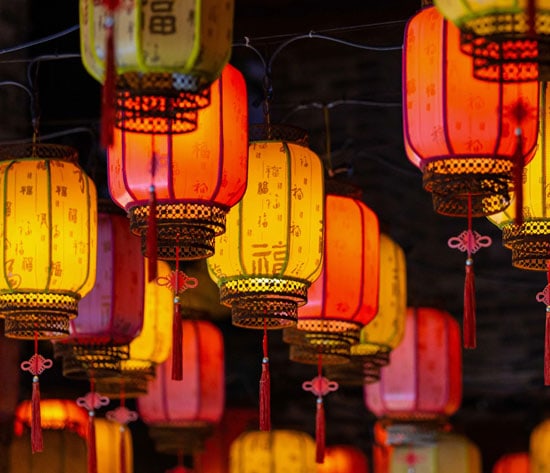
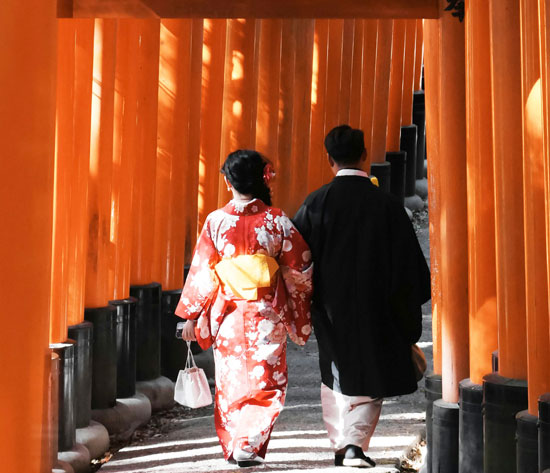
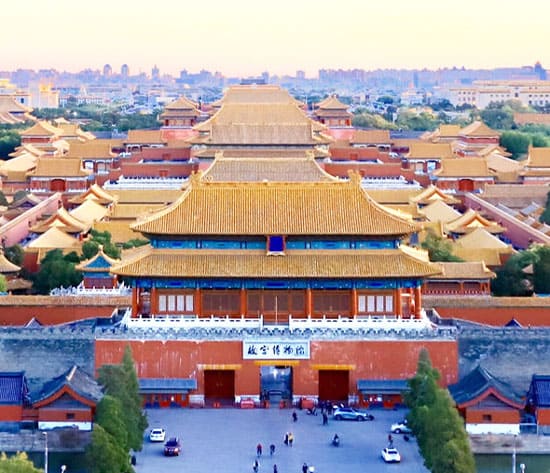
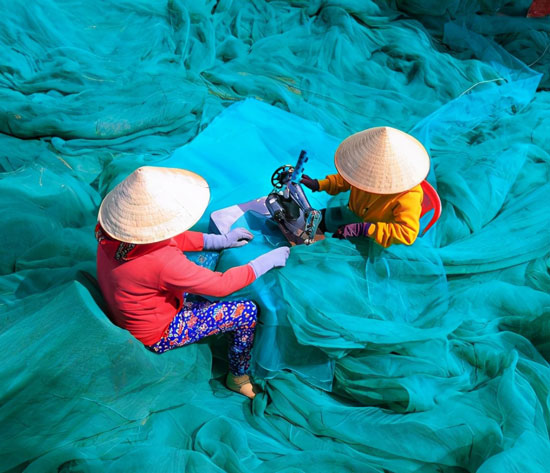
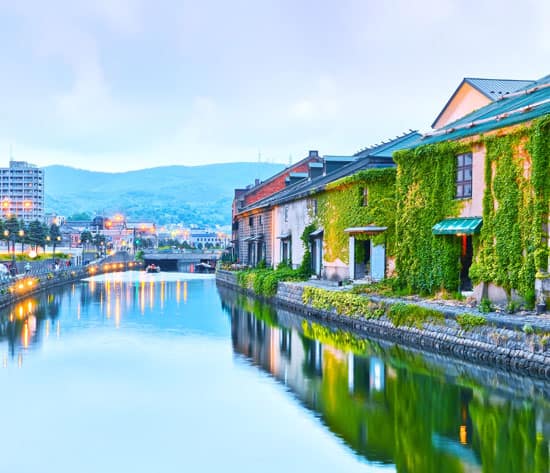
Have a Question?
You might see your comment appear on this page, but your email address and full name will not be published. Your personal information will remain confidential. Our Asia travel experts will get back to you as soon as possible. Required fields are marked *